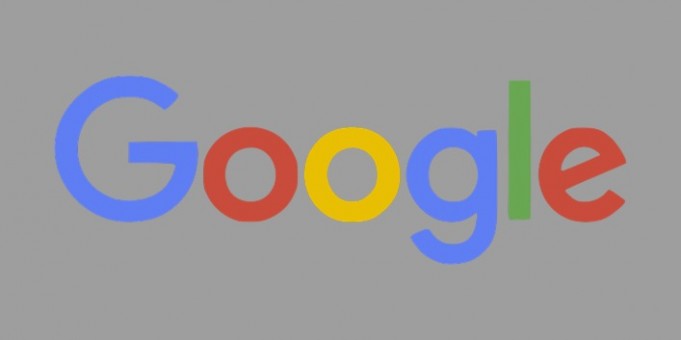Google Monetization policies are created to meet the need of publishers and advertisers.
Building monetization policies
In building monetization policies, the Google Safety and Trust Team strives to strike a balance between the following things:
- Increasing publisher revenue growth
- Keeping advertisers happy
- Maintaining positive user experience
When it comes to building or creating policy enforcement, some advertisers might think that Google doesn’t go far enough while the publisher may think that Google may go far enough. This difference in thinking lies between advertisers and publishers.
Google’s motive is to fulfill the need and demands of every industry. Especially when the company needs to take further steps regarding creating and enforcing its monetization policies.
The company keeps the interest of users in his mind. The policies which are built remind the customer of its favor. It is the reason that the company continually reviews its policies and enforcement of its policies. It is to done to be fair and thorough.
Policies and Restrictions
Recently, Google has modified and simplified the way it creates and enforces policies to protect its advertisement system better. On the other hand, it also helps publishers as well.
Google has made several changes. Out of which, the significant changes made are aligning its content policies across different networks. The networks include AdMob, AdSense, and Google Ad Manager. Google did it all for a better and simpler user experience, especially for publishers.
Along with aligning and adjusting policies, Google has changed several content policies to restrictions. The restriction means that monetization is limited and targeted to certain types of content, but not prohibited altogether.
Consider an example: alcohol- before the launch of restrictions, content involving alcohol could not be monetized at all.
Now, at this stage, as the alcohol content is restricted, it is eligible for monetization. However, individual advertisers can opt-out for having their ads displayed.
Content that is restricted might receive certain restrictions, limitations, or no monetization. It depends on the number of advertisers who opt-in/out. But the main point is that it no longer a policy violation to publish other ads on restricted ads. This is how Google tries to balance the need of publishers to the need of whole ecosystems.
Enforcing Monetization Policies
Google reviews all the websites that try to post their ads. Also, Google simply checks whether the ad follows the monetization policies. Google also re-reviews the existing publisher content to ensure that it remains in compliance.
Google even notices how high its standard is. It states that 88% of the advertisements are rejected.
Conclusion
Google monetization policies determines whether the websites can display their ad or not. The monetization policies are designed in such a way that it not only helps Google keep the right content but also allows the users to see only the relevant ads. On platforms like Google, several conditions have to be followed to stay on as a Google partner for a business.









